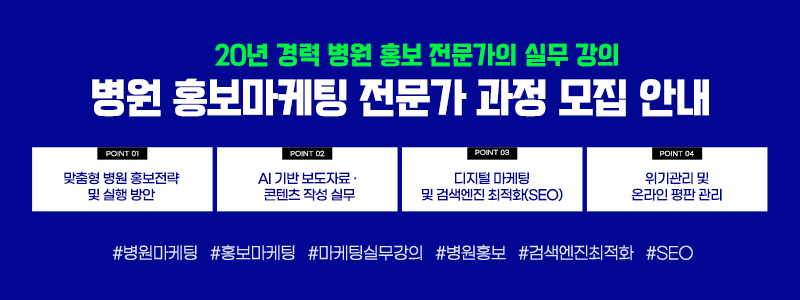In South Korea, parents are often stunned to learn that their child’s stubbornness or playful antics may stem from attention-deficit/hyperactivity disorder (ADHD) or co-occurring tic disorders. “I saw my child as strong-willed and mischievous,” one parent shared. “I never suspected ADHD could disrupt their friendships, and discovering a tic disorder alongside it left me angry at myself for not noticing sooner.”
Tic disorders and ADHD are well-recognized conditions frequently seen in preschool and elementary school-aged children. Many parents seek medical advice only after observing significant behavioral or social difficulties at school. However, identifying underlying causes and pursuing tailored treatments can yield substantial improvement, with full recovery possible in some cases.
Tic disorders involve sudden, rapid, repetitive, and involuntary movements or vocalizations, classified as motor or vocal tics. These are categorized into simple vocal tics, motor tics, complex tics, and Tourette syndrome. Unlike intentional behaviors, tics are involuntary, manifesting as eye blinking, nose twitching, sniffing, facial grimacing, head jerking, shoulder shrugging, or abdominal tensing. Vocal tics may include throat-clearing, coughing, grunting, or, rarely, involuntary profanity. Symptoms may intensify over time, and some children experience tics during sleep.

ADHD is characterized by inattention, impulsivity, and hyperactivity inappropriate for a child’s age. Affected children may struggle to remain still, concentrate on tasks, or maintain conversations, often interrupting or veering off-topic. These behaviors can impede communication and social bonds. In some cases, ADHD persists into adulthood, leading to challenges like job instability, emotional volatility, frequent irritability, or rapid mood shifts.
Dr. Kim points to a lesser-known subtype, inattentive ADHD, marked by difficulty focusing without hyperactivity. “This can be detected through self-assessment tools or formal ADHD evaluations,” he notes.
Effective treatment for tic disorders and ADHD rests on understanding their involuntary nature. Reprimanding or punishing a child for tics can worsen symptoms and erode self-esteem. Dr. Kim emphasizes empathetic communication, urging parents to listen attentively to their child’s concerns and validate their emotional experiences. “Suppressing tics risks undermining a child’s confidence,” he cautions.
Reducing academic stress is vital, as excessive pressure can aggravate symptoms. Dr. Kim advises limiting exposure to overstimulating media like video games, smartphones, or television, which can heighten brain excitability and worsen tics or ADHD symptoms. He underscores the need for patience during treatment, given the cyclical nature of improvement and setbacks. “Parents should offer steady encouragement and allow their child time to progress without pressure,” he advises.
Lim Hye Jung, HEALTH IN NEWS TEAM
press@healthinnews.co.kr


